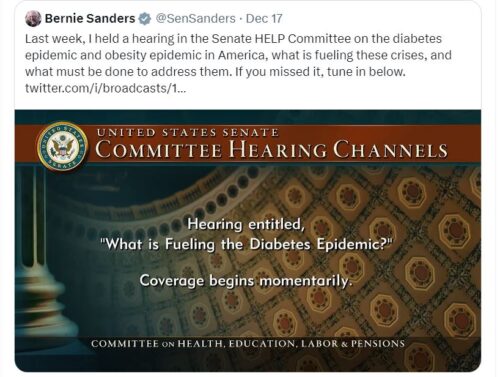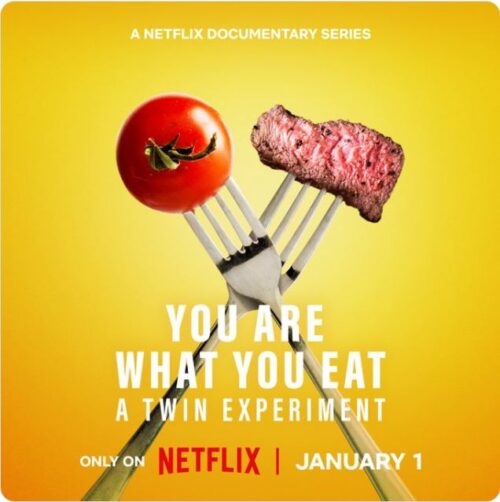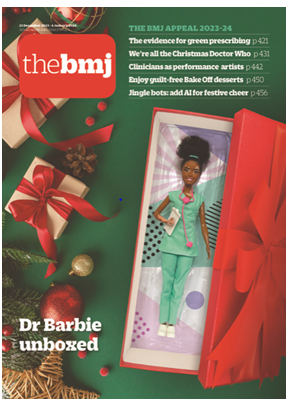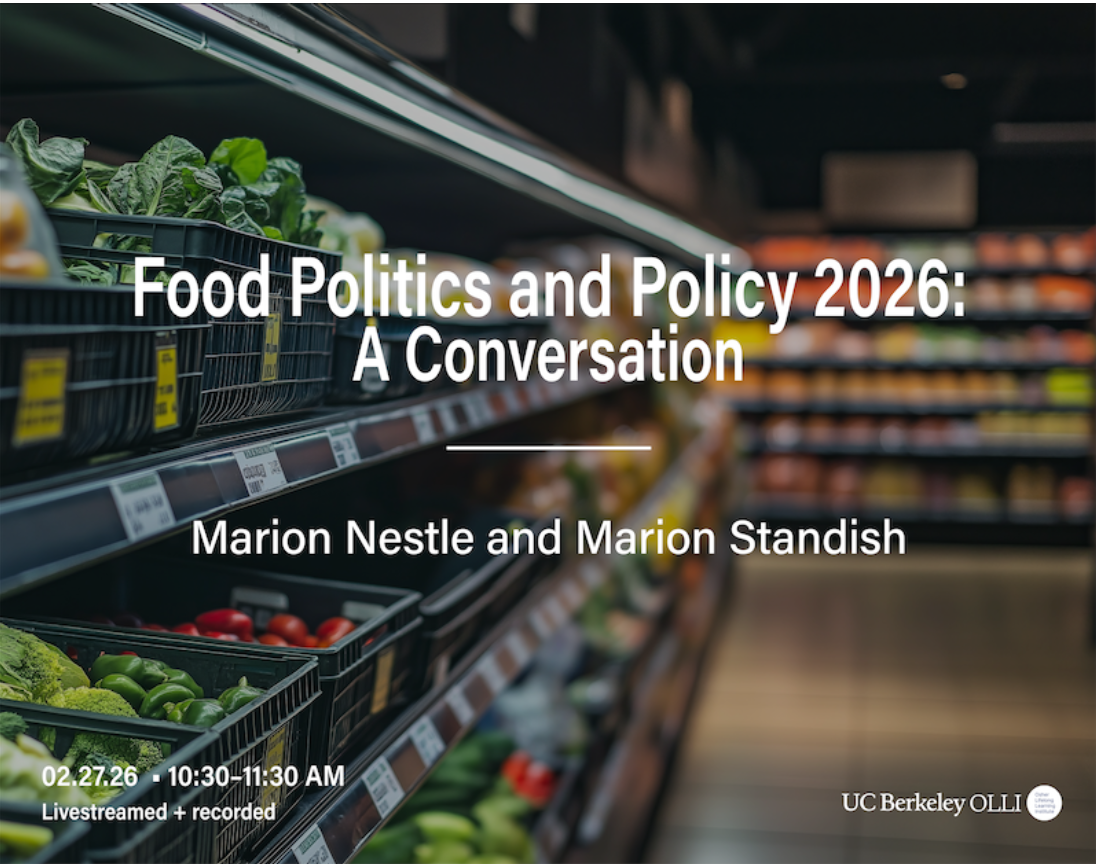The pushback on ultra-processed: a study (of sorts)
Lots of people are uncomfortable about the concept of ultra-processed foods, the category of processed foods made mainly of industrially extracted ingredients, containing little or no recognizable food, and able to reproduced in home kitchens only if you have the ingredeients and the equipment.
Here is an example: The Guardian headline: “Ultra-processed foods are not more appealing, study finds”
The Study: Evidence that carbohydrate-to-fat ratio and taste, but not energy density or NOVA level of processing, are determinants of food liking and food reward. Appetite, Volume 193, 2024, 107124, https://doi.org/10.1016/j.appet.2023.107124.
- Purpose: “This virtual (online) study [highlighted so you won’t miss this point] tested the common but largely untested assumptions that food energy density, level of processing (NOVA categories), and carbohydrate-to-fat (CF) ratio are key determinants of food reward.”
- Method: “Individual participants (224 women and men, mean age 35 y, 53% with healthy weight, 43% with overweight or obesity) were randomised to one of three, within-subjects, study arms: energy density (32 foods), or level of processing (24 foods), or CF ratio (24 foods). They rated the foods for taste pleasantness (liking), desire to eat (food reward), and sweetness, saltiness, and flavour intensity (for analysis averaged as taste intensity).”
- Results: Against our hypotheses, there was not a positive relationship between liking or food reward and either energy density or level of processing. As hypothesised, foods combining more equal energy amounts of carbohydrate and fat (combo foods), and foods tasting more intense, scored higher on both liking and food reward. Further results were that CF ratio, taste intensity, and food fibre content (negatively), independent of energy density, accounted for 56% and 43% of the variance in liking and food reward, respectively. We interpret the results for CF ratio and fibre in terms of food energy-to-satiety ratio (ESR), where ESR for combo foods is high, and ESR for high-fibre foods is low.”
- Conclusion: “We suggest that the metric of ESR should be considered when designing future studies of effects of food composition on food reward, preference, and intake.”I ca
Comment
I can’t say this any better than Stuart Gillespie, who posted:
https://twitter.com/stuartgillesp16/status/1729061409202618512?s=51&t=BTlnSTTeO7_vUXAOw5KNXg
Or Tamar Haspel (@Tamar Haspel) who points out:
Want to find out what properties of food drive consumption?
Is it fat/carb ratio, degree of processing, sweetness?
I’m gonna say asking a self-selected group of internet randos to rate a bunch of really unappetizing photographs isn’t the way.
If nutrition and food scientists want to shoot down the concept of ultra-processed foods, they are going to have to refute hundreds of studies linking such foods to poor health outcome, as well as the carefully controlled clinical trial demonstrating that ultra-processed foods encourage overeating.
If






